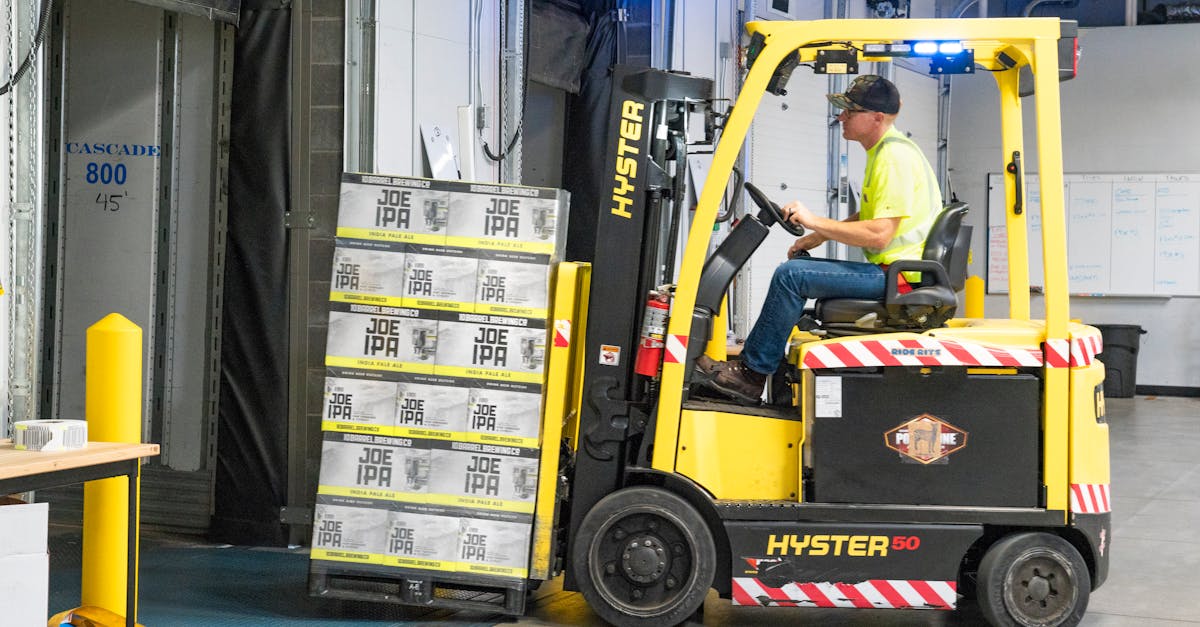Published on:
5 min read
Unlocking Efficiency: The Essential Guide to Modern Logistics and Supply Chain Solutions
In today's fast-paced world, efficient logistics and supply chain management are crucial for business success. This guide explores cutting-edge solutions that drive efficiency and streamline operations, ensuring you stay ahead in a competitive market.

The Evolution of Supply Chain Management
Supply chain management has undergone a significant transformation over the past few decades. Initiated by advancements in technology and globalization, businesses now deploy sophisticated software for inventory management, demand forecasting, and logistics routing. Modern supply chains are more responsive than ever, allowing companies to adapt to market changes, reduce lead times, and enhance customer satisfaction. The integration of data analytics and artificial intelligence further optimize decision-making processes, enabling a proactive approach to inventory control. As businesses embrace these innovations, they discover that investing in the right technology is not just an operational move, but a strategic necessity for survival and growth.
Key Logistics Technologies Driving Efficiency
Several cutting-edge technologies are reshaping the logistics landscape. The Internet of Things (IoT) enables real-time tracking of shipments, providing visibility throughout the supply chain. Drones and autonomous vehicles promise to revolutionize last-mile delivery, reducing costs and improving service speed. Additionally, blockchain technology enhances transparency, reducing fraud and increasing trust among stakeholders. As a result, logistics providers can better manage inventory, forecast demand, and minimize disruptions. Embracing these technologies not only streamlines operations but also offers a competitive edge in today’s dynamic market.
Sustainable Practices in Supply Chain Operations
Sustainability is increasingly becoming a focus within logistics and supply chain management. Companies are recognizing that environmentally friendly practices not only satisfy consumer demand but also contribute to long-term cost savings. Implementing sustainable practices includes optimizing transportation routes to reduce fuel consumption, utilizing eco-friendly packaging, and establishing partnerships with vendors who prioritize sustainability. Furthermore, many organizations are investing in carbon offset programs and green warehouse technologies. Such initiatives not only help in reducing a company's carbon footprint but also enhance their brand reputation and customer loyalty in an era that values corporate responsibility.
Conclusion: Embracing Tomorrow's Logistics Today
Achieving efficiency in logistics and supply chain management is no longer an option but a necessity for today's businesses. By adopting the latest technologies, embracing sustainability, and continuously evaluating operational strategies, companies can unlock potential efficiencies that drive growth. As the landscape evolves, those who adapt quickly will prosper, ensuring they not only meet but exceed customer expectations.
Published on .
Share now!










